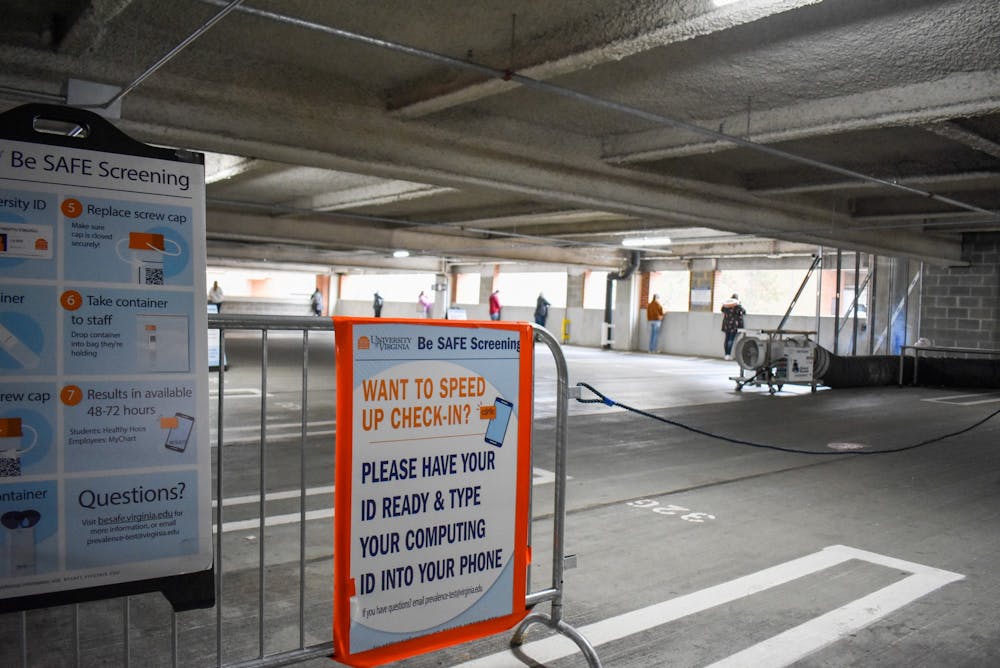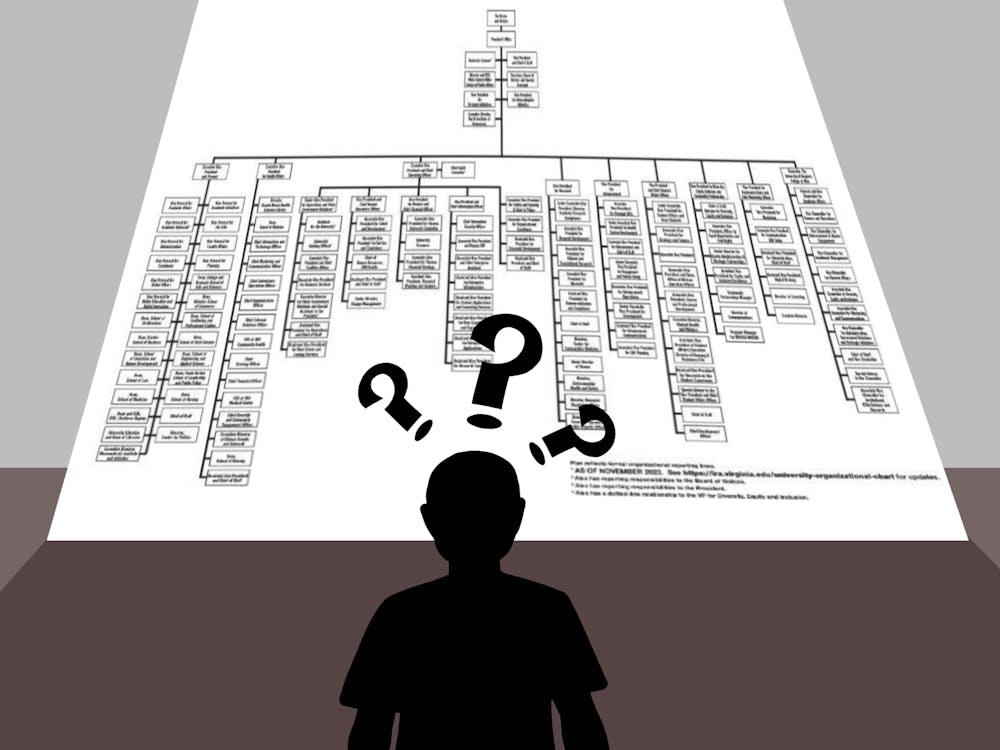In December, the University announced that during the 2021 spring semester, all students living on Grounds or in the Charlottesville area would be tested once weekly on specifically assigned days. Getting tested regularly is a vital part of containing COVID-19, especially because the virus can be spread to others even when one is asymptomatic. However, frequent testing is only one aspect of the University’s plan for controlling the spread of COVID-19, and a negative test does not guarantee complete safety. While the weekly testing certainly provides peace of mind for many vigilant students, it is necessary that students do not use them as a reason to disregard current guidelines and regulations.
Practically everyone has seen this type of behavior on social media. Celebrities and influencers, all unmasked at large gatherings insisting that everyone had been tested — to them, the party was completely safe. But a negative test does not ensure complete safety. One of the primary reasons why COVID-19 has spread so rapidly is because the virus incubates for several days — sometimes up to two weeks — before test results may come back positive. Any tests taken before this incubation has completed are essentially false negatives, which can provide a false sense of security.
As such, life cannot go entirely back to normal, even if one is tested frequently. Routine tests are to ensure that the spread of the virus will be controlled, but this does not mean everyone can go about their usual business with complete confidence. The routine testing is necessary for essential activities, not as a way for students to ignore guidelines because they recently tested negative. If COVID-19 is actually contracted by a student, the people that a student has come into contact with can be notified and quickly quarantined. The smaller this group of people is, the better chance the University has for keeping cases down.
Results of the tests are highly dependent on timing. Someone who is exposed to the virus might not test positive for the virus immediately. Most experts recommend waiting at least five days after exposure. Someone who is — possibly unknowingly — exposed on Sunday and tested early in the week could easily spread the virus the following Saturday at a party, even if they have tested negative during the week. It is for this reason that the University has limits on gatherings and guidelines that will need to be observed in order to keep the community safe. Gatherings are limited to six people, and traveling outside of the Charlottesville community is discouraged by the lack of the typical weeklong spring break this semester. These regulations are difficult and frustrating for all students who are trying to enjoy their time at the University, but they are necessary for our safety at large.
More than just the basic guidelines of limiting gatherings, students must find it in themselves to limit their social circles and commit to always wearing a mask. The University is doing everything possible to limit the effects that university cases have on the surrounding Charlottesville-Albemarle community, but COVID-19 disproportionately affects underprivileged communities. Just because U.Va. students have access to frequent and regular testing does not mean everyone in the community does. Limiting the number of people one comes in contact with on a regular basis is necessary for stopping the spread of COVID-19 both in and outside of the U.Va. community.
Attending the University during a pandemic is frustrating for many students, but the consequences of ignoring guidelines will be dire for both the University and the Charlottesville communities. There are still plenty of ways to participate in activities virtually or in-person while still following guidelines. Many groups on Grounds are using pods — small groups of six or less — to make small social events happen. These types of in-person events can still be relatively safe if everyone remains masked, outside and six feet apart. In addition, most meetings for classes or clubs can be held synchronously over zoom. Although it’s difficult to get to know people when school is being held virtually, there are so many structured clubs and organizations at the University that students can join to meet new people, even if it is in an online setting. Yes, this is frustrating and not particularly pleasant, but it’s the only way to ensure safety.
The pandemic is far from over –– the vaccine may not be available to the general public for several months. The end of the pandemic is not entirely in sight — University students must continue to take precautions to protect themselves and others from the virus. Everyone in the U.Va. community must take their safety seriously by limiting the number of people they come into contact with, wearing masks properly and following guidelines put in place by the University.
Allison Haszard is a Viewpoint Writer for The Cavalier Daily. She can be reached at opinion@cavalierdaily.com.
The opinions expressed in this column are not necessarily those of The Cavalier Daily. Columns represent the views of the authors alone





